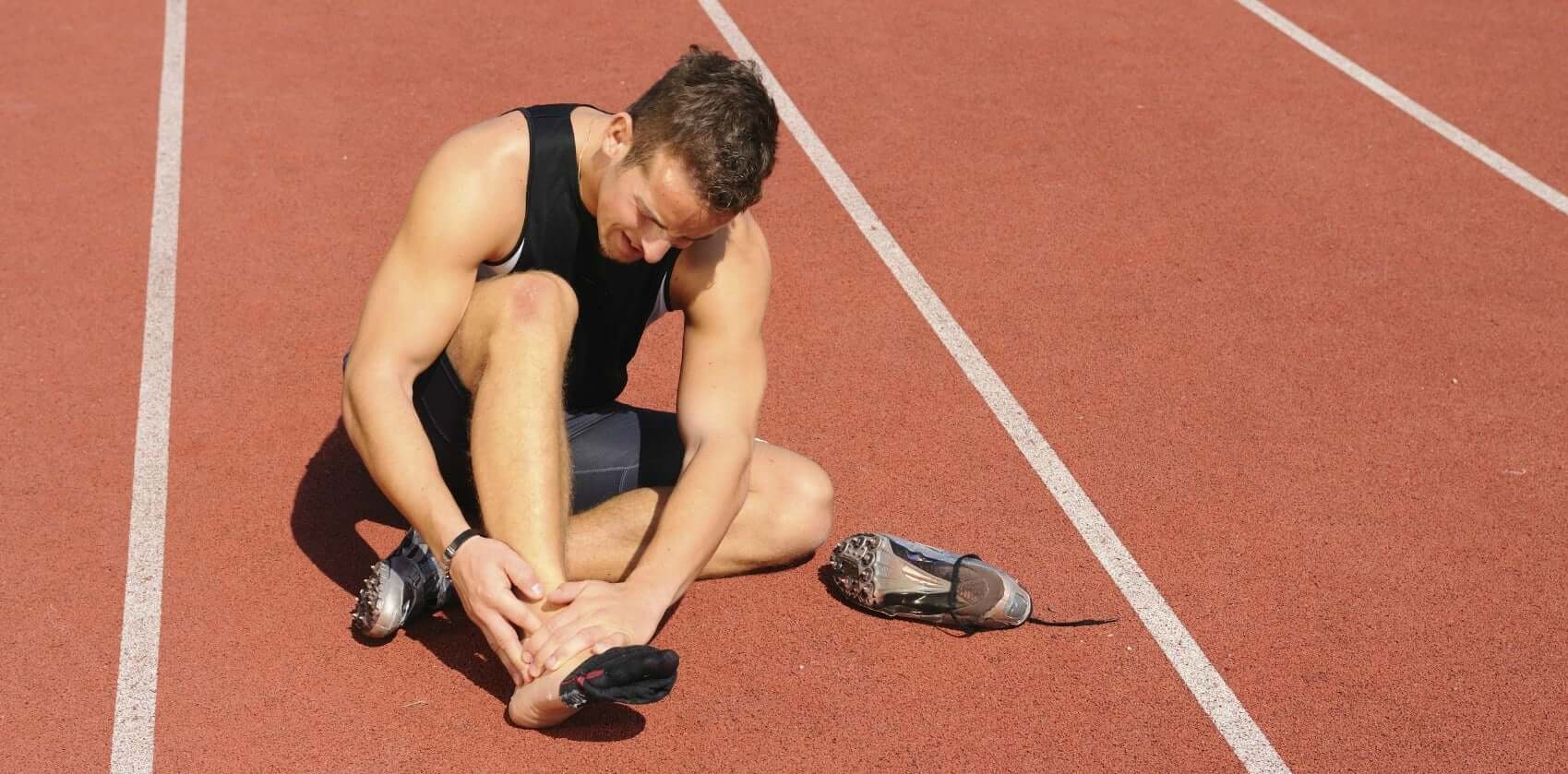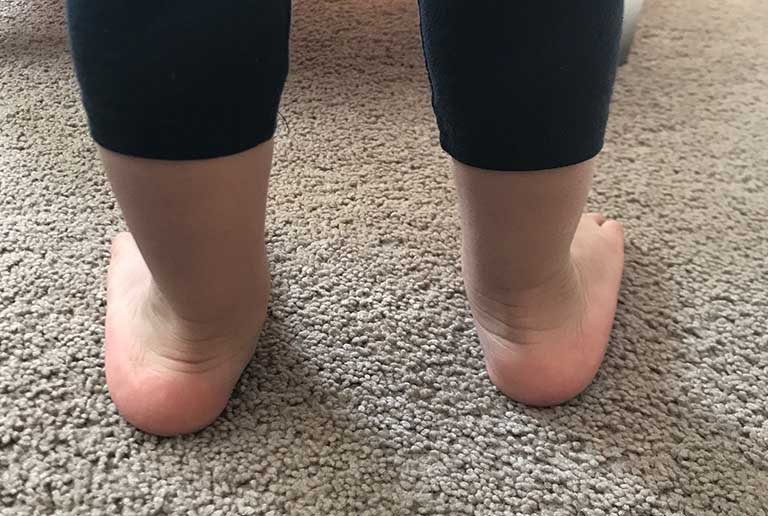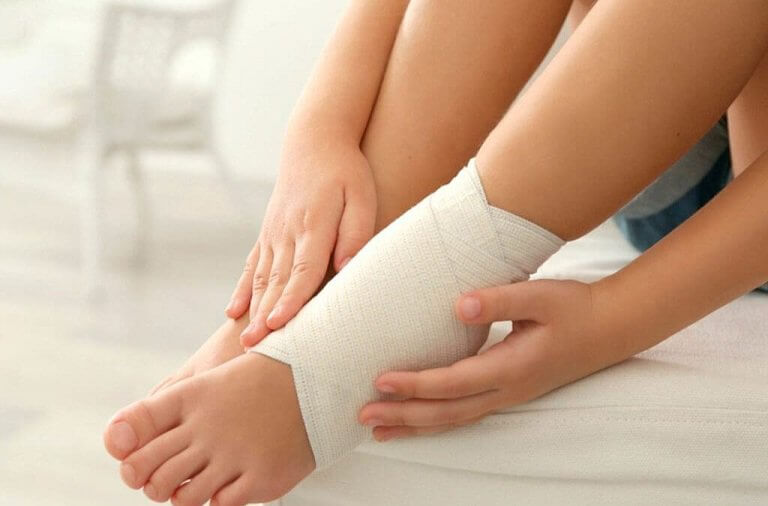Achilles tendonitis is a prevalent condition often encountered by athletes or professional sports enthusiasts. Patients typically experience prolonged and challenging discomfort that hampers their daily activities. If not promptly treated, it can lead to various dangerous complications.
NỘI DUNG CHÍNH
1. What is Achilles Tendonitis?
The Achilles tendon is one of the largest tendons in the body. It plays a crucial role in walking, running, standing, sitting, and more.
Achilles tendonitis is a condition where the Achilles tendon is subjected to excessive strain and pressure over an extended period, resulting in overuse and damage. Therefore, athletes and professional sports enthusiasts are more susceptible to this ailment. There are two common types of Achilles tendonitis:
- Insertional Achilles Tendonitis: This condition involves inflammation related to the lowest part of the tendon, where it attaches to the heel bone.
- Non-insertional Achilles Tendonitis: This condition relates to inflammation in the middle part of the tendon and is typically seen in younger individuals.

2. Causes of Achilles Tendonitis
The Achilles tendon area has minimal blood vessels and is primarily composed of tiny collagen fibers. Therefore, even a sudden impact can lead to injury. Age, injuries, or related bone and joint disorders commonly contribute to Achilles tendonitis.
Aging: As we age, the amount of collagen in our bodies decreases. It affects tissue connectivity and the flexibility of the Achilles tendon, making it more susceptible to injury and inflammation. Older individuals are at a higher risk of Achilles tendonitis.

Injuries: Accidents such as traffic accidents, workplace injuries, falls, or common sports injuries can directly impact the Achilles tendon, causing damage and inflammation.
Bone and Joint Disorders: Individuals with flat feet or high arches are at a higher risk of Achilles tendonitis. It is due to uneven force distribution on the feet over an extended period, leading to inflammation.

Other Cases: Weak calf muscles, prolonged wearing of high-heeled shoes, obesity, metabolic disorders, or long-term use of Corticoid/Quinolones medications can also increase the risk of Achilles tendonitis.
3. Identifying Symptoms of Achilles Tendonitis
The most common and easily identifiable symptom is persistent stiffness and pain in the lower calf, especially in the morning. The pain is continuous, intense during physical activity, when stretching the Achilles, or standing on tiptoe, and eases at rest.
Furthermore, patients may notice thickening of the Achilles tendon, bone spurs, swelling, and occasional cracking sounds in the tendon. The calf muscles may become tense, and foot movement may become difficult.

4. Preventing Achilles Tendonitis?
To minimize the risk of Achilles tendonitis, consider the following:
- Appropriate Exercise Regimen: During sports training, gradually increase intensity to allow the body to adapt. Choose exercises and movements that do not overly strain the Achilles tendon. If you experience pain during exercise, stop and rest immediately.
- Regular Stretching: Dedicate 10-15 minutes each morning or before exercise to stretch the calf muscles and Achilles tendon. It improves tendon health and reduces inflammation and the risk of recurrence.
- Diversify Your Exercises: Reduce the prolonged strain on the Achilles tendon by replacing high-intensity exercises like running, stair climbing, or jumping with lower-intensity activities like walking, swimming, or cycling.
- Proper Footwear: Choose well-fitting and comfortable sports shoes that provide adequate support and protection for your ankles and feet.
If left undiagnosed and untreated, Achilles tendonitis can lead to severe complications. Therefore, if you notice any unusual symptoms, it is essential to seek immediate medical attention at a hospital or healthcare facility for a prompt diagnosis and treatment.”





Cập nhật lần cuối: 26/07/2024
Bài viết liên quan
Causes, Symptoms, and Effective Treatment of Shoulder Osteoarthritis
Shoulder osteoarthritis is a typical joint and bone condition nowadays. It causes pain, stiffness, and reduced mobility in the shoulder and arm area. Early detection and timely treatment can slow down the progression of the disease. Let INTERMEC guide you...
Oct
Inflammation Around the Shoulder Joint – A Dangerous Yet Lesser-Known Condition
Inflammation around the shoulder joint with stiffness, also known as adhesive capsulitis or frozen shoulder, is a condition where the shoulder joint becomes stiff due to the formation of scar tissue around it. It thickens and tightens the joint capsule,...
Oct
Osteoporosis – A Dangerous Condition in the Elderly
Currently, the prevalence of osteoporosis within the community is alarmingly high, especially among the elderly population. Osteoporosis can directly impact the health of individuals, rendering their bones vulnerable to damage, fractures, and slow recovery. NỘI DUNG CHÍNH1. What is Osteoporosis?2....
Oct